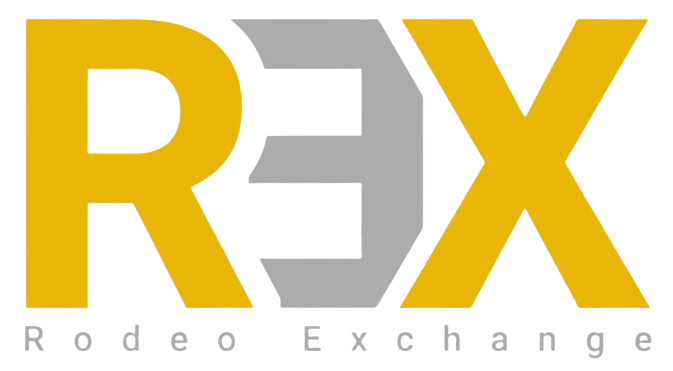Can I 1031 Exchange My Vacation Home?
Rev. Proc. 2008-16: Can I 1031 Exchange My Vacation Home?
Vacation homes have long been a source of angst among exchangers and their advisors because of the lack of guidance on whether they qualify as an investment property for IRC §1031 purposes. In the past, exchangers readily exchanged “second homes” based on the claim that in addition to enjoying the vacation home personally they also purchased the property as an investment, and thus, it would qualify as a 1031 exchange.
However, taxpayers may want to rethink their position on any such exchanges. In May 2007, the Tax Court issued an adverse ruling, disqualifying the exchange of a vacation home in Moore v. Commissioner (T.C. Memo. 2007-134). In its analysis, the court agreed with the Service that the taxpayer’s primary intent of ownership for the properties was for personal use, not investment, and thus denied the exchange.
While the Moore ruling seemed to close the door on the matter, the Service released Revenue Procedure 2008-16 to provide some additional guidance and restrictions. While most of the Rev. Proc. appears to be influenced by the Moore ruling there have been some changes. The Rev. Proc. defines the “qualifying use standards” of a relinquished property dwelling unit as:
a) The dwelling unit is owned by the taxpayer for at least 24 months immediately before the exchange (defined as the “qualifying use period”); and
b) Within the qualifying use period, in each of the two 12-month periods immediately preceding the exchange,
- The taxpayer rents the dwelling unit to another person or persons at a fair rental for 14 days or more, and
- The period of the taxpayer’s personal use of the dwelling unit does not exceed the greater of 14 days or 10% of the number of days during the 12-month period that the dwelling unit is rental at a fair rental. The rules for the purchase of a replacement property mimic the rules for a relinquished property, except that the qualifying activities are prospective.
Furthermore, the Rev. Proc. suggests that a taxpayer purchasing a replacement property expecting to meet the qualifications, but in actuality does not, “if necessary, should file an amended return and not report the transaction as an exchange.”
This revenue procedure provides a safe harbor under which the IRS will not challenge whether a dwelling unit qualifies as property held for productive use in a trade or business or for investment under Section 1031. It is just a safe harbor. An exchange may still fall outside the parameters and meet the statutory requirements, but you should expect heightened scrutiny in such a case. The safe harbor is effective for exchanges occurring on or after March 10, 2008.
*Rodeo 1031 is a qualified intermediary. Rodeo 1031 Exchange does not provide tax or legal advice, nor can we make any representations or warranties regarding the tax consequences of your exchange transaction. Property owners must consult their tax and/or legal advisors for this information. Our role is limited to serving as qualified intermediary to facilitate your exchange.
